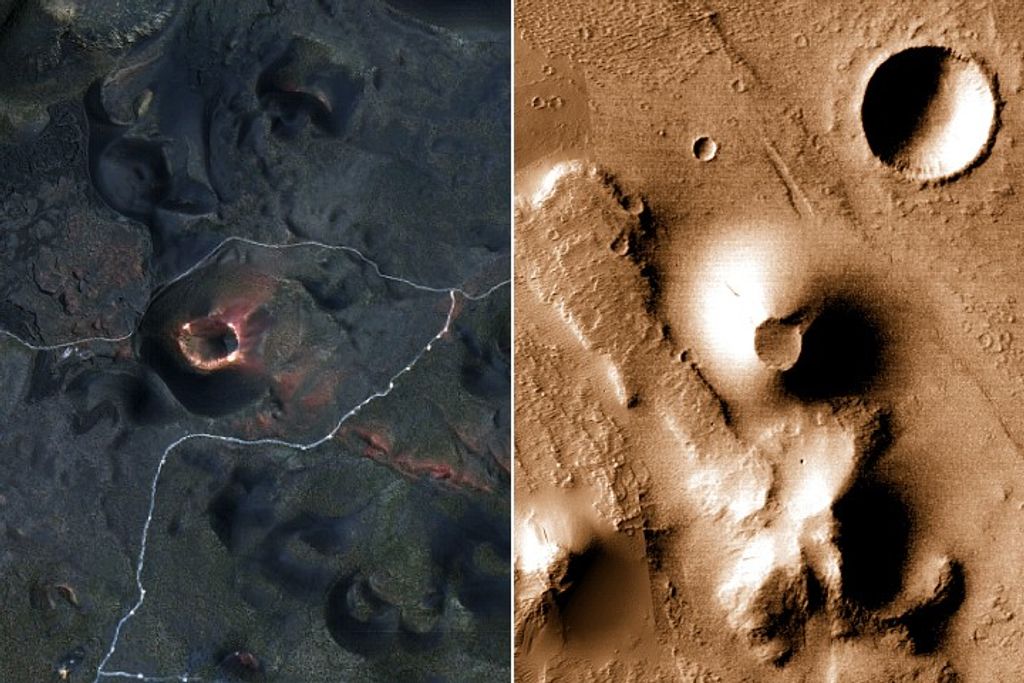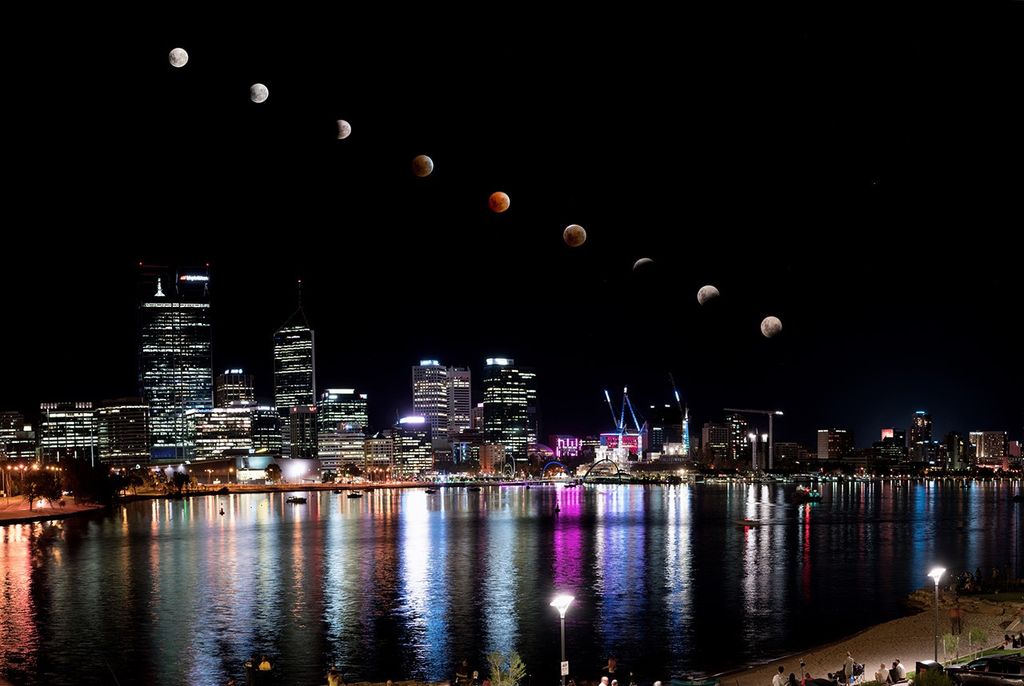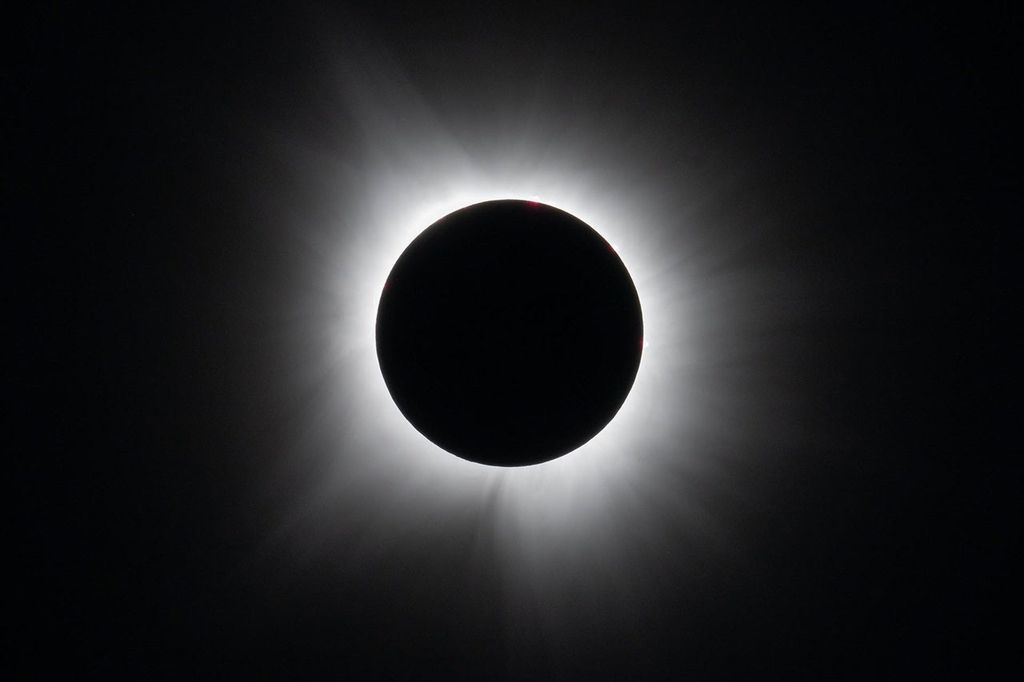Payloads: General Laboratory Active Cryogenic ISS Experiment Refrigerator (GLACIER): The Glacier trays (two), tray support structures, and desiccants were removed and stowed. The GLACIER refrigerators are ultra-cold freezers that will store samples at temperatures as low as -160°C (-301°F). ISS Ham Radio: An ISS Ham pass contact was made with Mohammad Bin Rashid Space Centre, …
























